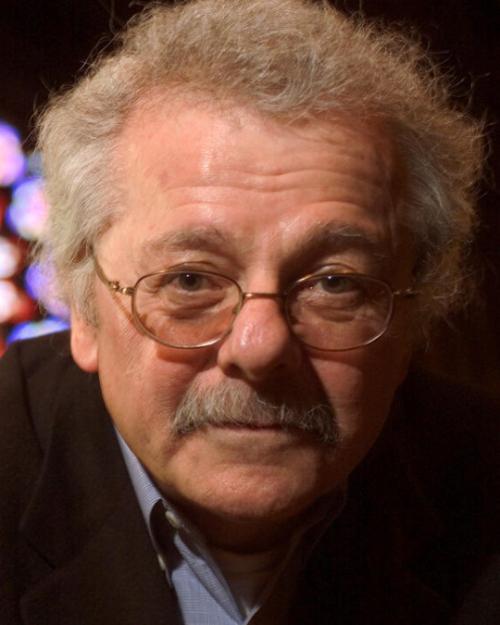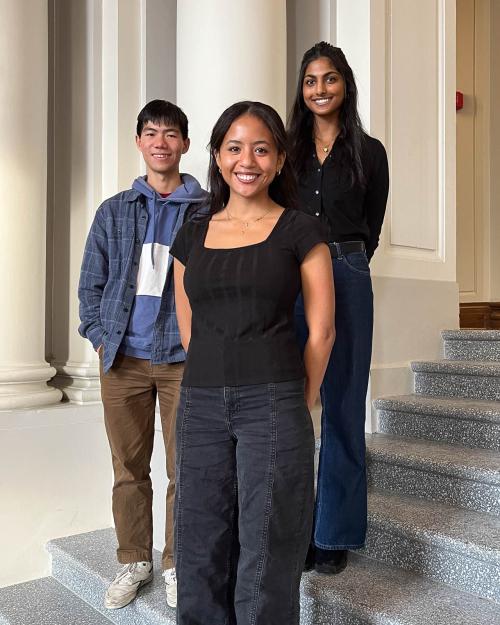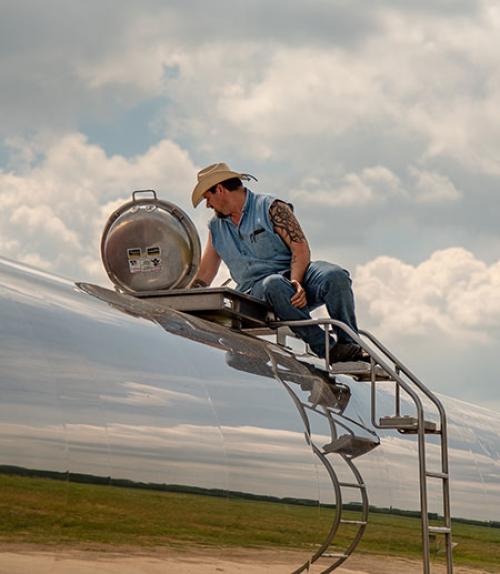The complex dynamics between rural and urban life have profound implications for America’s future, from the economy to the environment and beyond.
A new Rural Humanities scholarly initiative, funded for four years by a million-dollar grant from The Andrew W. Mellon Foundation, will leverage Cornell’s position in central New York to reinvigorate thinking about – and active engagement with – rural communities and landscapes. The initiative will emphasize one of Cornell’s founding principles — “knowledge with a public purpose.”
“Part of what makes Cornell so unique is that we are both rural and urban, both land grant and Ivy League. This project is a wonderful fit for Cornell, which has the mission, the mindset and the collaborative approach to learning that enables us to bring together disparate areas of study,” said President Martha E. Pollack. “We’re very grateful to the Mellon Foundation for its support, and excited to see the work that will come out of this initiative.”
“The humanities are essential to the ways in which we critically examine the past, illuminate the present and imagine possible futures,” said Ray Jayawardhana, the Harold Tanner Dean of Arts and Sciences. “I am particularly delighted that the Rural Humanities initiative will connect our scholars and students with community partners and the public at large for meaningful engagement.”
In collaboration with community partners in New York, the Rural Humanities initiative will pursue three interrelated lines of inquiry: rural landscapes, work and environmental sustainability.
“The project will develop a humanistic examination of core issues in and of rural life, in which collectively telling the story of its pasts and presents will help to shape its futures,” said Paul Fleming, the Taylor Family Director of the Society for the Humanities and professor of German studies and comparative literature. “Our goal is to build public humanities and collaboration with our local partners into the self-understanding and mission of the humanities at Cornell.”
Fleming is co-principal investigator of the initiative with Gerard Aching, provost’s fellow for public engagement and professor of Africana and Romance studies.
With their deep historical engagement with religion, identity, expression and belief systems, the humanities can play an essential role in addressing the environment and rural life. One way, Aching said, is by imagining environmental futures and studying the most effective ways of communicating and making present the realities of climate change.
“In the conversations that take place between the rural and urban areas of our region,” he said, “humanists and social scientists can have a significant role listening to, facilitating and evaluating the storytelling about our environments and landscapes.”
Starting in spring 2020, the initiative will offer a semesterlong seminar for advanced undergraduates and graduate students that will be a mix of theory and practice. The seminar, capped at 10 students, will work with community partners to develop sustainable projects and the tools of public humanities in a rural setting.
Seminar participants will receive a $2,000 engagement grant, which will enable them to spend time with community partners and develop a common project. The seminar will be taught by three faculty members already working with community partners: Aching; Debra Castillo, the Emerson Hinchliff Chair of Hispanic Studies, professor of comparative literature and director of the Latino/a Studies Program; and Scott Peters, professor of development sociology in the College of Agriculture and Life Sciences.
Beginning in 2020, an intensive summer Rural Humanities practicum for advanced undergraduates and graduate students will be offered. The six-week program will focus on the theories, methods and practices of public humanities and community-engaged learning and teaching, with an emphasis on implementing engaged projects.
Graduate students will receive stipends toward living expenses for the summer; graduates and undergraduates will receive an engagement grant. Anna Sims Bartel and Amanda Wittman, associate directors of the Office of Engagement Initiatives, will help run the practicum.
The initiative will feature a flexible collaborative research network of faculty, students and community partners to facilitate developing long- and short-term research initiatives. The collaborative research network will serve as an incubator for projects, with a $50,000 pool of funding per year. Applications will be accepted on a rolling basis, beginning Sept. 1.
Photo credit: R.J. Anderson/Cornell Cooperative Extension
This article also appeared in the Cornell Chronicle.




